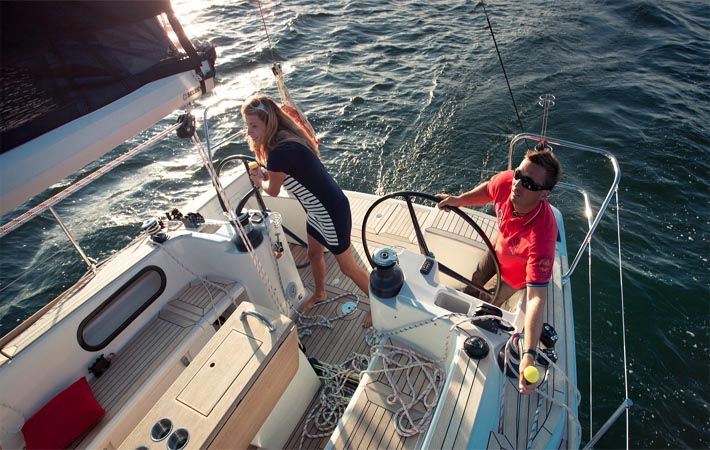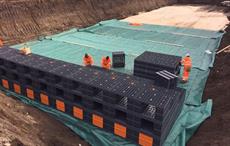European Boating Industry (EBI) and the European Composites Industry Association (EuCIA), representing respectively the recreational boating and composites industries at European level, have joined hands to address the issues around circularity of composites used in the recreational boating industry and promote sustainable recycling solutions.
Composites are the main material for manufacturing of recreational boats. Following a common understanding of the importance of the circular economy and aiming to find solutions for end-of-life composites, European Boating Industry (EBI) and European Composites Industry Association (EuCIA) agreed on a formal partnership. The aim will be to find common approaches to the key issues of dismantling, recycling, and the future of composites in the recreational boating industry.European Boating Industry (EBI) and the European Composites Industry Association (EuCIA), representing respectively the recreational boating and composites industries at European level, have joined hands to address the issues around circularity of composites used in the recreational boating industry and promote sustainable recycling solutions.#
The partnership will also follow policy developments at EU level, such as the European Green Deal, the Circular Economy Action Plan, and the Working Group on End-of-Life boats co-chaired by EBI and the European Commission Directorate-General for Maritime Affairs and Fisheries (DG MARE). Cooperation will also extend to other composite use industries and related industries, such as the wind energy and the transportation segment.
Composites are the main material used for making hulls, decks and large components in boats. It is estimated that 95 per cent of all boats will have composite parts. Given that composite boats have been built already for several decades, the number of boats reaching their end-of-life is expected to increase in the coming years. Use of composites by the recreational boating industry is however estimated to around 3 per cent of the global composite market with infrastructure, transportation, and the wind energy the largest use sectors.
Cooperation activities between EuCIA and EBI will include cooperation in the End-of-Life boats Working Group co-chaired by EBI and DG MARE, exchange of information on dismantling, recycling, new materials, life cycle analysis, and cross-sectoral cooperation, and joint advocacy, communication activities and cooperation on projects at EU level.
Speaking for EuCIA, managing director Ben Drogt said “The recreational boating industry was one of the first segments that recognised the advantages of composites as light and durable material. Now that the first generation of composite boats get to the end of their first use, EuCIA is convinced that the partnership with EBI will create a boost to further develop sustainable solutions to re-use the composite materials of these boats”. With partnerships like this, also in other applications areas such as the wind energy segment, EuCIA will seek for synergy and supports the development of economically viable re-use and recycle processes for composites.
Commenting on the agreement, secretary-general of EBI Philip Easthill said: “We are delighted to be closely cooperating with EuCIA and take on this important challenge through the partnership. It is crucial that our industries work together to develop the circular approach to composites that is environmentally and economically sustainable. While we have the challenge of end-of-life composites in our industry, it is only a small amount of the overall composite. This makes finding common solutions with other industry even more important.”
Fibre2Fashion News Desk (SV)


